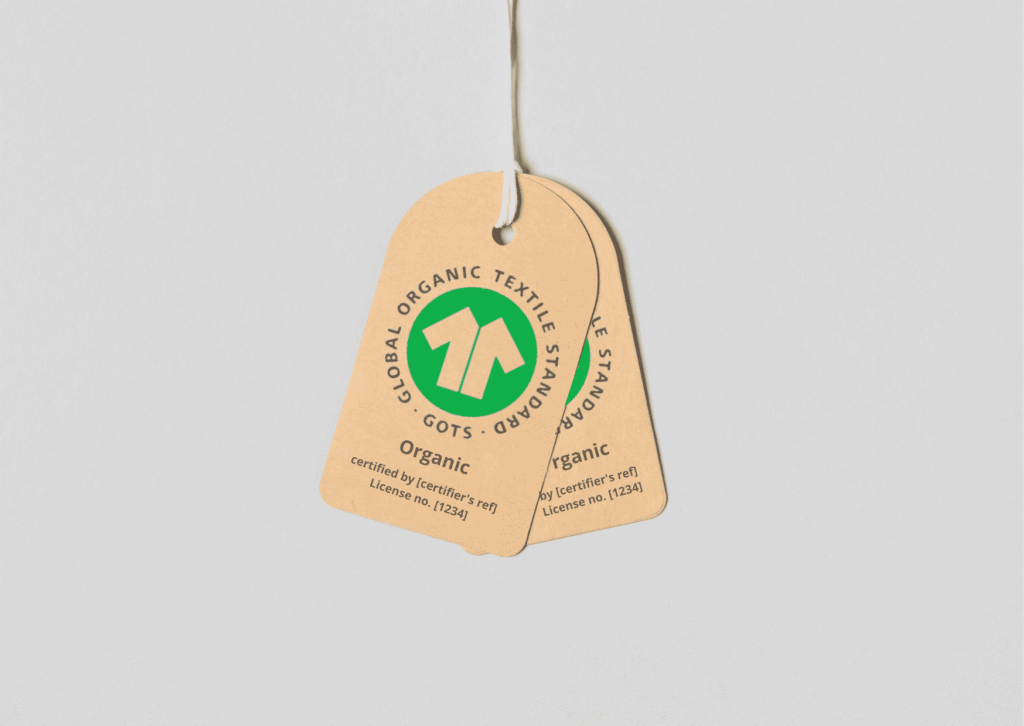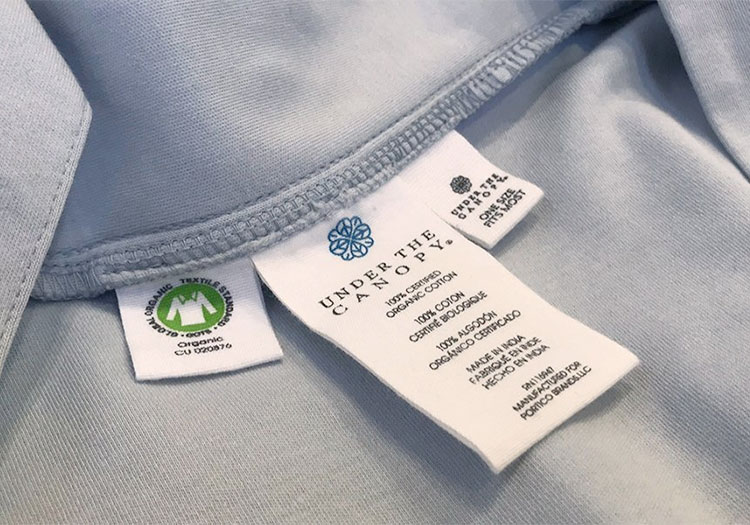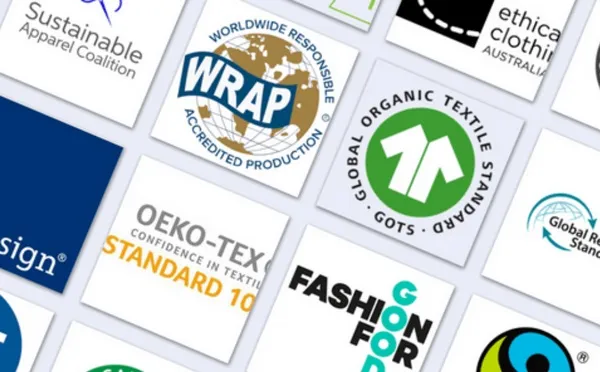In the ever-evolving textile industry, adhering to standards and obtaining relevant certifications is essential for manufacturers to ensure product quality, meet regulatory requirements, and appeal to conscientious consumers. Understanding the various textile standards and certifications can help manufacturers maintain a competitive edge, streamline their production processes, and foster trust with customers. This blog provides an overview of the key textile standards and certifications that manufacturers need to know.
The Importance of Textile Standards and Certifications
Textile standards and certifications play a vital role in the industry by:
- Ensuring Product Quality: Standards provide guidelines for maintaining consistent quality across textile products.
- Compliance with Regulations: Certifications help manufacturers comply with international and local regulations, avoiding legal issues and penalties.
- Building Consumer Trust: Certifications signal to consumers that products meet high standards for safety, sustainability, and ethical practices.
- Market Access: Many markets require specific certifications for textile products to be sold, making them essential for international trade.

Key Textile Standards and Certifications
- OEKO-TEX® Standard 100
The OEKO-TEX® Standard 100 is a globally recognized certification that tests textile products for harmful substances. Products bearing the OEKO-TEX® label have been tested and proven to be free from substances harmful to human health. - Global Organic Textile Standard (GOTS)
GOTS is the leading certification for organic textiles. It ensures that products are made from at least 70% organic fibers and meet stringent environmental and social criteria throughout the production process. - Fair Trade Certified™
Fair Trade certification ensures that textile products are produced under fair labor conditions. It promotes sustainable livelihoods and safe working conditions, providing a fair deal for workers and farmers. - Bluesign®
The Bluesign® certification focuses on sustainable textile production. It ensures that products are made with minimal environmental impact, from raw material sourcing to finished product. Bluesign®-certified textiles meet stringent safety and environmental standards. - REACH (Registration, Evaluation, Authorisation, and Restriction of Chemicals)
REACH is a European Union regulation that aims to protect human health and the environment from risks posed by chemicals. Compliance with REACH is crucial for manufacturers exporting to the EU. - ISO Standards
The International Organization for Standardization (ISO) provides various standards relevant to the textile industry, including ISO 9001 for quality management and ISO 14001 for environmental management.
For manufacturers looking to deepen their understanding of textile standards, reading our blog on Understanding the HSN Codes for Cotton Fabrics: A Comprehensive Guide can provide valuable insights into the classification and regulation of cotton fabrics.
Benefits of Adhering to Textile Standards and Certifications
- Enhanced Brand Reputation: Certifications demonstrate a commitment to quality and sustainability, enhancing brand reputation.
- Consumer Confidence: Certified products instill confidence in consumers, leading to increased sales and customer loyalty.
- Market Opportunities: Access to new markets and customer segments that prioritize certified and sustainable products.
- Operational Efficiency: Adopting standards can streamline production processes, improve efficiency, and reduce waste.
Exploring more about how Locofast leverages its extensive network can provide additional benefits for manufacturers. Check out our article on Exploring Locofast’s Textile Sourcing Network: Suppliers, Manufacturers and More to learn how Locofast connects you with top suppliers and manufacturers.

Navigating the Certification Process
- Identify Relevant Certifications: Determine which certifications are most relevant to your products and target markets.
- Understand Requirements: Familiarize yourself with the specific requirements and criteria for each certification.
- Prepare Documentation: Gather necessary documentation and records to demonstrate compliance with certification standards.
- Engage with Certifying Bodies: Work with recognized certifying bodies to undergo the certification process.
- Continuous Improvement: Maintain compliance and continuously improve processes to retain certifications and adapt to evolving standards.
For more practical insights into sourcing quality fabrics, our blog A Guide to Fabric Sourcing offers detailed advice on how to find and select the best materials for your needs.
Conclusion
Incorporating textile standards and certifications into manufacturing processes is crucial for ensuring quality, regulatory compliance, and customer trust. By staying informed and adhering to relevant certifications, textile manufacturers can enhance their market presence and drive sustainable growth.
For comprehensive solutions in textile manufacturing and sourcing, visit locofast.com. Locofast offers a robust network of suppliers and manufacturers, providing high-quality textiles and reliable services to meet your business needs. Explore their website today to learn more about how Locofast can support your journey toward excellence in the textile industry.
